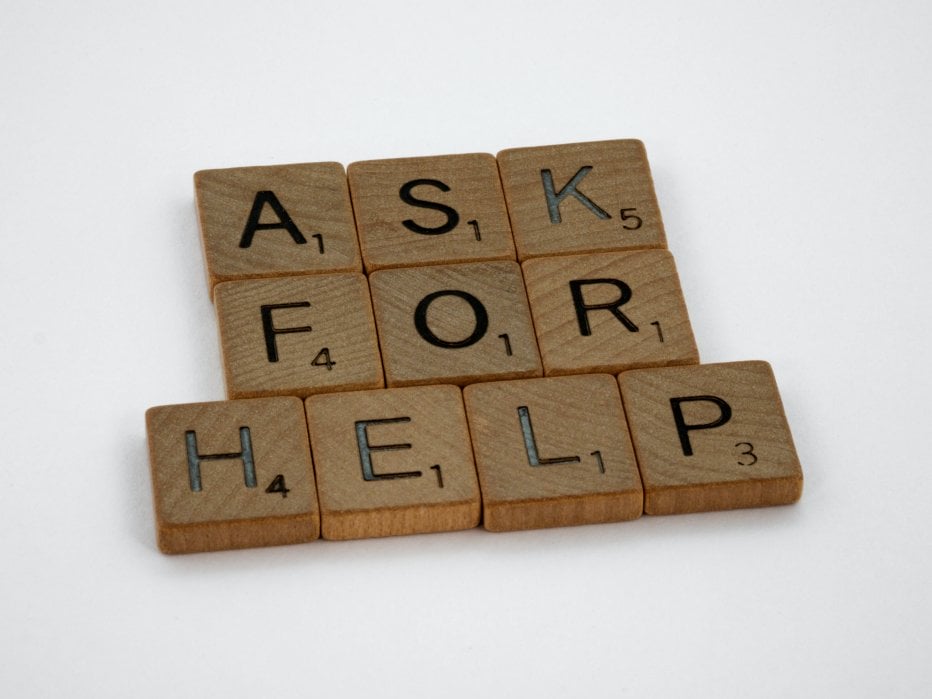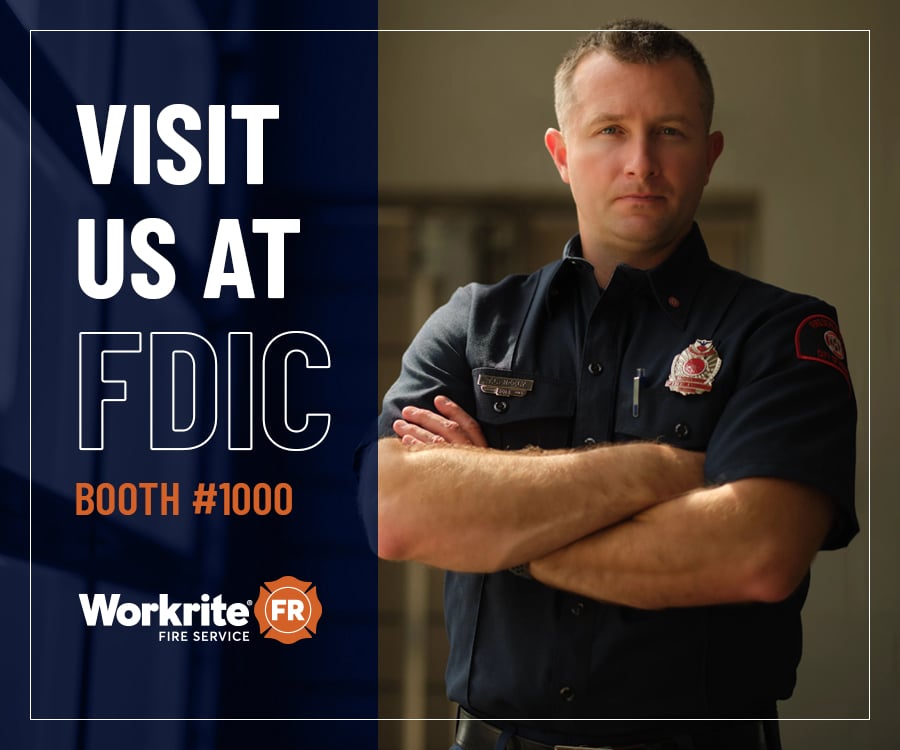Why Is This So Hard For Firefighters?

By: Anastasia Miller, Ph.D.
Let’s dive into the core reasons that could influence the ability of a firefighter to openly ask for help. In order to provoke change, I think we first must understand the ‘why’. Is it our personality, behavior, culture, pride, are we naïve or possibly ignorant?
Firefighting is a male-dominated industry still, so do we need to adopt a new standard of sensitivity to the profession? If we do that, do we lose our edge to actually do what we need to do… fight fires, rescue people, answer the call for help? Or is this the type of attitude and mindset that is holding us back from healing?
It is part of the job description. Firefighters are supposed to be strong. They are supposed to be the heroic rescuers at the worst point in people’s lives. They are trained to be calm, cool, and collected when the world around them is literally on fire. This is a helpful mantel to be put on – a persona which is needed at times in order to do the crazy job of running into the disaster while everyone else runs away. This can, however, become a burden when we are unable to get past it.
I have been out of the profession for years due to an injury, but when I was wearing the bunker gear, I could tell I was more open to admit when I was overwhelmed or when a run got to me more than the guys. I am sure this had to do with being the only woman on the shift. One run was particularly hard on me and I broke down crying back at the station afterwards. I remember being embarrassed that I was crying to begin with – this was a sign of weakness and I had been working hard to show I was just as tough as all of the men. However, I just reached a moment of physical and mental exhaustion and couldn’t help it anymore. My captain was fully sympathetic, gave me a hug, and said I could talk it out. I don’t think it would have gone as well if anyone else in the building had responded the same way. Given the things we see, why should we be embarrassed to express emotion? The fact that we are still able to function in society after the traumatic things we see and the traumatic things we go through should be something to be proud of. Instead, we are more worried about letting the façade slip than realizing when we legitimately need to get something off our shoulders.
Since I can no longer put the wet stuff on the hot stuff, I help the field by exploring and improving the professional quality of life of firefighters – a lot of which has to do with how firefighters deal with the stresses of the job. What I have found is that what was true at my station seems to be true at almost all stations: the service cultivates a culture in which we feel we must put on the Superman persona. This isn’t a bad thing all the time – in fact, it can legitimately help us do the job we need to do. But the reality is that we are just mere mortals. That isn’t a bad thing either – and even if it was, it isn’t something we can get away from. This failure to feel like we can ask for help from mental health professionals, our peers, or our families, is a leading contributor to the higher than civilian rates of suicide, drug and alcohol abuse, and traumatic stress disorders seen in firefighters. The fact that firefighters are more likely to die by suicide than in the line of duty is even more startling when you consider that approximately only 40% of firefighter suicides are accurately reported as suicides (Heyman, Dill & Douglas, 2018). This is a sign that our brothers and sisters need us to be strong enough to create an environment where they can feel like they can get help.
The service needs to remember that there is no shame in taking off the Superman cape. It may not be considered traditionally “manly” to talk about things that bother us but being strong enough to listen to others is something Superman would do. Every station I go to, when I distribute anonymous surveys, a common grievance I get is that it’s hard to deal with the stresses of the job but they don’t have anyone to talk to about it. From my outside vantage point, every time I see this, I can’t help but think that, “Yes you do!” It can start small, but you have each other. Your coworkers know what you go through better than anyone else could. Formal peer support groups and bringing in mental health providers are great – but small steps can help too. Just asking each other if anyone needs to talk after a difficult run can start to shift the culture of the station. We want to make sure everyone goes home at the end of the day.
Just asking how someone is doing can help make that possible.
Photo by Brett Jordan on Unsplash
Podcast
Contests & Promotions
















